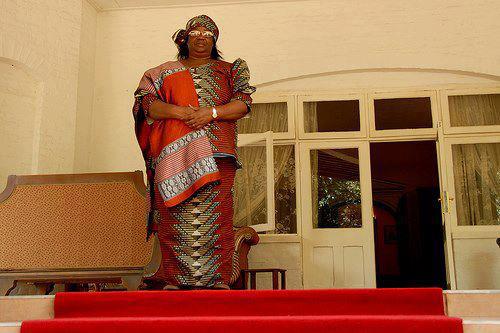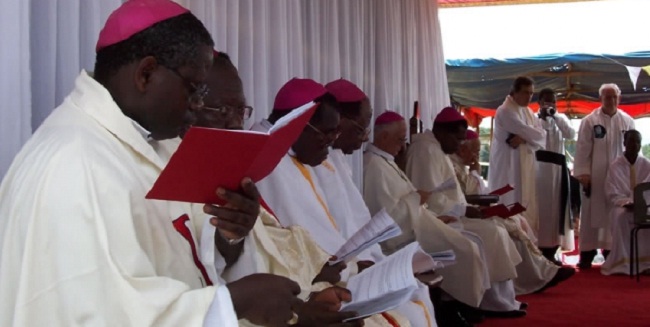Finance minister Sosten Gwengwe on Friday presented a pro-poor budget statement that saw the removal of value-added taxes on cooking oil and tap water while import duty on sanitary pads and solar products have been scrapped.
Presenting the 2022 / 2023 national budget pegged at K2.84 Trillion titled ‘accelerating Implementation towards wealth creation, job creation and food security in Lilongwe, Gwengwe said his ministry is currently reviewing domestic debt profiles with a view of restructuring debt towards a longer maturity period – a move which will address the current debt sustainability concerns.
Gwengwe allocated a lion’s share of the budget to the education sector which will chew 16.3%, Agriculture, water development and climate change management sector (15.8%), Transport Sector (7.5%), while health was allocated 10%.

Budget Highlights
- I have made a number of pronouncements relating to tax and non-tax policy. In general, what we aim to achieve in the next fiscal year is to reduce the tax burden on the low- and middle-income individuals, expand the tax base, seal loopholes in the tax system, encourage voluntary tax compliance, and automate most of the function undertaken in Government Ministries, Departments, and Agencies (MDAs).
- With regards to VAT, we have exempted water and cooking oil and abolished the withholding VAT system because a number of taxpayers complained that it is affecting their business and we saw merit in that.
- In terms of income taxes, we have made slight changes to the Pay as you earn (PAYE) structure, introduced a rebate for withholding tax in the gaming industry and
- For Customs and Excise measures, which will be effective midnight tonight, we have made a number of changes including the removal of import duty and excise tax on sanitary pads and some solar products. We have also reduced the value addition required to be admitted in the Industrial Rebate Scheme where import duty and import excise is not paid from 35% to 5% for SMEs and special sectors such as pharmaceuticals, and from 35% to 10% for all companies producing for local consumption. The threshold for export companies remains at 35% since this is the agreed value addition for our products to receive special treatment in the COMESA countries.
- In short, these are the key tax and non-tax measures that I have proposed in Parliament today. My Ministry is producing a Gazette Notice on the Customs and Excise measures and Bills will be submitted to Parliament for the income tax and VAT measures. It is my hope that all honorable members and the general public will support these proposals.




